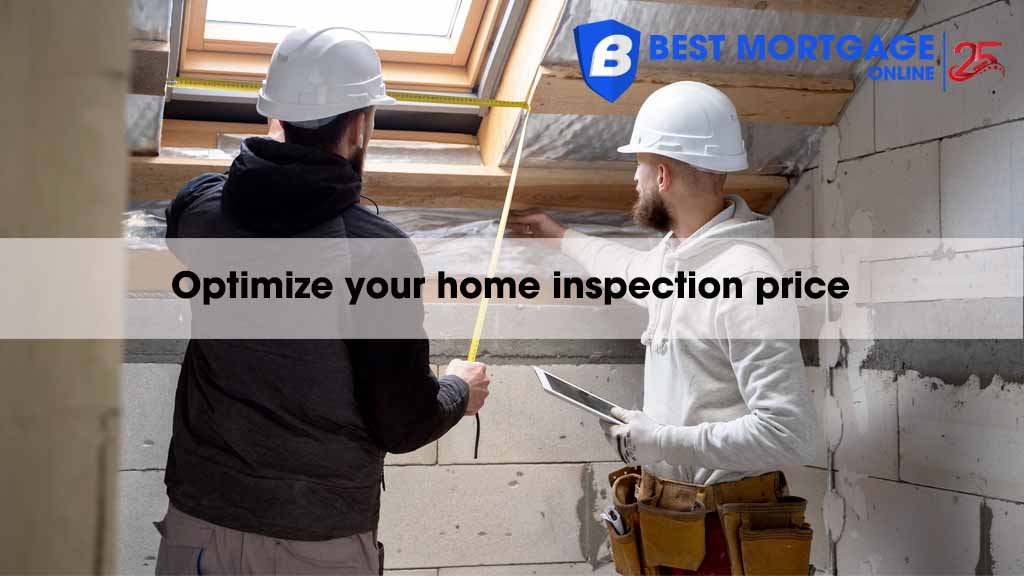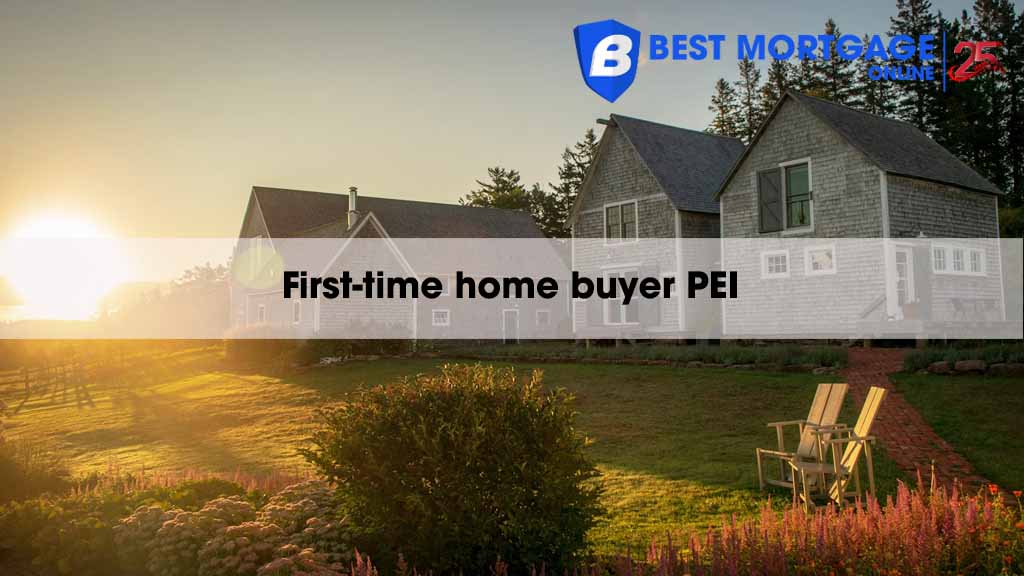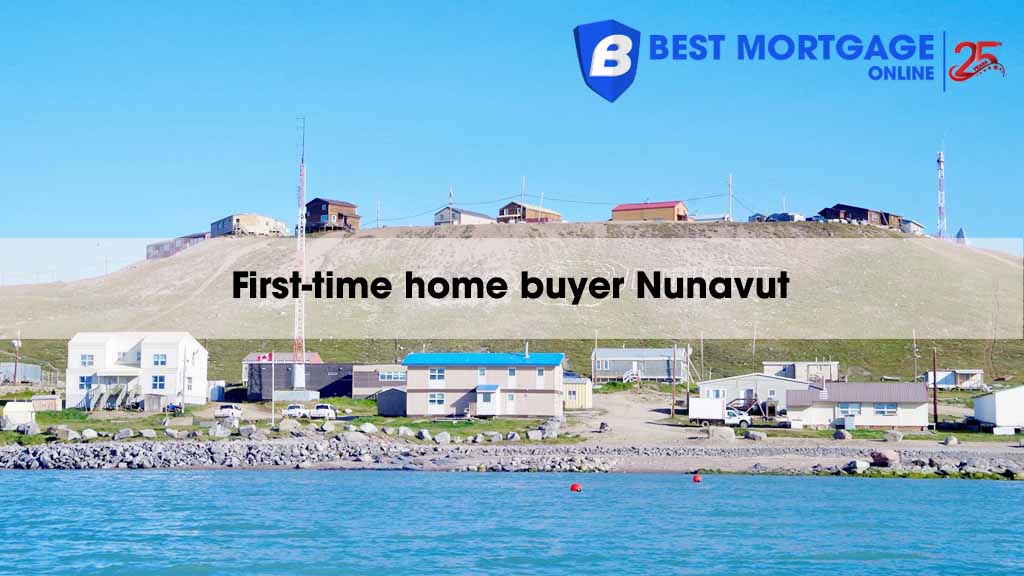Home buyers may overlook assessing the true condition of the property before purchasing. As a result, that house may have structural damage, outdated wiring, or plumbing concerns. Knowing what to expect in a home inspection empowers you to make confident decisions and take control of your home-buying journey. BestMO will break down everything you need to know about the home inspection cost in Canada in this article.
What is a home inspection in Canada?
A home inspection is a professional examination of a property’s physical condition, conducted by a qualified inspector before you finalize your purchase.
Inspectors can only report on what they can see. They will not punch holes in walls or rip up carpets. But experienced inspectors know the telltale signs of hidden problems, like water stains that hint at roof leaks or cracks that suggest foundation issues.
A certified home inspector spends 2-5 hours on the property to check from the roof to the foundation. They also check for safety issues and signs of potential problems. After that, you receive a detailed report with photos that show what the inspector found. It explains which points require immediate attention, what can be delayed, and what is working just fine.
What is included in the home inspection checklist?
A home inspection in Canada includes an assessment of both the interior and exterior components.
An exterior home inspection checklist includes:
- The roof and chimney: They check if shingles are missing or damaged, if the chimney is crumbling, and whether everything is properly sealed against water.
- Foundation and structure: Inspectors look for cracks, signs of settlement, or evidence that water is entering the basement.
- Siding and exterior walls: They inspect for damage, gaps, or areas where water may seep in, regardless of the material used (brick, vinyl, or wood).
- Windows and doors: They test whether these open and close properly and check for broken seals that could mean drafts and higher energy bills.
- Lot grading and drainage: Water should flow away from your house, not toward it. Poor drainage can lead to serious foundation problems.
- Driveways, walkways, and stairs: They are checked for safety hazards, such as cracks or uneven surfaces, that could cause trips and falls.
Inside the home, inspectors examine:
- Heating and air conditioning: The inspector runs these systems to ensure they work and checks their age and condition. Replacing a furnace can cost thousands.
- Electrical system: They test outlets, look at the electrical panel, and check for any fire hazards. Old wiring or overloaded circuits are red flags.
- Plumbing: Every tap gets turned on, every toilet flushed. They look for leaks, check water pressure, and examine visible pipes for problems.
- Kitchen: Appliances get tested, cabinets opened, and countertops examined. They will run the dishwasher and check under the sink for leaks.
- Bathrooms: Beyond flushing toilets and running taps, they look for signs of water damage around tubs and showers.
- Basement and attic: These spaces often reveal the most about a home’s condition. Inspectors look for water damage, insulation problems, and structural issues.
How much does a home inspection cost in Canada?
In Canada, the average cost of home inspection ranges from $250 to $700. Remember, the home inspection fee represents a small fraction of your overall investment while saving you thousands in unexpected repairs.
The home inspection fee in Canada depends on:
Property size and type
The biggest price factor is the types of houses because it depends on the home inspection cost per square foot:
- Condominiums: Lower costs reflect smaller spaces and fewer systems to inspect. While exterior elements are limited, inspectors still thoroughly examine your unit’s interior systems.
- Townhouses: Mid-range pricing reflects moderate square footage and some shared structures, although individual systems still require a full inspection.
- Detached homes: Standard single-family homes require inspection of all systems, structures, and grounds, which justifies higher fees.
- Large or luxury homes: These homes often feature extensive square footage, multiple HVAC systems, and complex features, which require longer inspection times and specialized knowledge.
Property age
Older homes cost more to inspect because they require:
- Extra attention to outdated electrical and plumbing systems
- Careful examination for historical renovation issues
- Assessment of potential hazardous materials like asbestos
- More detailed structural evaluation
So, a 100-year-old heritage home is more expensive than the new construction home inspection cost.
Geographic location
Urban centres generally charge higher inspection costs for home purchases due to:
- Higher business operating expenses
- Greater demand for qualified inspectors
- Increased travel time in congested areas
- Regional economic variations
Rural properties may incur travel surcharges if they are located far from home inspection companies. Moreover, licensing requirements and local markets shape provincial pricing patterns.
According to Winright Law, the inspection cost for the home in a different province is:
| Province | Price Range |
| Ontario | $300 – $500 |
| British Columbia | $300 – $600 |
| Alberta | $350 – $600 |
| Quebec | $300 – $500 |
| Manitoba | $300 – $500 |
| Saskatchewan | $300 – $500 |
| Newfoundland and Labrador | $300 – $500 |
| New Brunswick | $300 – $500 |
| Nova Scotia | $300 – $500 |
| Prince Edward Island | $300 – $500 |
Inspector qualifications
Like any profession, experienced inspectors charge more than newcomers. An inspector with 20 years of experience has seen it all and can spot issues that others might miss. Those with special certifications or memberships in professional associations also charge premium rates.
Additional services
Standard inspections might not include radon testing, mould inspection, thermal imaging, or sewer camera inspection. These add-ons increase your total cost but provide valuable additional insights.
Pros and cons of the home inspection
While not legally required in Canada, buyers, especially first-time home buyers, may find home inspections helpful because of the 5 advantages:
Discover problems early: Finding issues before you buy gives you options. You can negotiate repairs, adjust your offer, or walk away entirely. It’s much better than discovering a cracked foundation after moving in.
Gain negotiating power: When an inspection reveals problems, you have concrete evidence for requesting a lower price. Many buyers save more on negotiations than they spent on the inspection.
Ensure safety: Inspectors flag dangerous conditions, such as faulty wiring, gas leaks, or structural problems, preventing potential hazards.
Learn about your home: The inspection is like a tutorial on your house. You will understand how things work and what maintenance they need.
Get documentation: The inspection report is useful for home insurance, future sales, or if you discover the seller hid problems, ensuring you are always prepared and informed about your property.
At the same time, you should consider the 5 disadvantages that the cost of a home inspection brings to your plan:
Costs money upfront: Adding hundreds of dollars to your closing costs can be a significant burden when you are already financially stretched. However, think of it as insurance against bigger expenses.
Cannot catch everything: Inspectors cannot see through walls or predict the future. Some problems hide until they become apparent, usually at the worst possible time.
Quality varies: Without regulation in many provinces, anyone can call themselves an inspector. A bad inspection gives false confidence.
Might kill the deal: Finding major problems might mean walking away from a home you love. This protects you, but it can be emotionally challenging.
Weaken your offer: In bidding wars, other buyers might waive inspections to look more attractive to sellers. You have to decide if competing is worth the risk.

Tips for getting the best value for the home inspection fee
Here are 7 tips to ensure your home inspection is the bang for the buck:
Research thoroughly: Do not simply choose the cheapest option. Compare at least 3 inspectors based on the qualifications and certifications, years of experience, sample reports, client reviews, and insurance coverage.
Ask the right questions: When contacting inspectors, inquire about:
- What’s specifically included in their fee
- How long does the inspection take
- When will you receive the report
- Whether you can attend the inspection
- Their experience with your property type
Professional inspectors welcome questions. So, do not hesitate to ask about the severity of identified issues, estimated repair timelines, preventive maintenance tips, and the system’s life expectancy.
Time it strategically: Schedule inspections during your conditional period, leaving time for follow-up if issues arise.
Attend in person: Following the inspector provides invaluable learning about your potential home. You will gain insights into maintenance requirements, system operations, minor issues that can be handled yourself, and priority repairs.
Document everything: Take your photos and notes to supplement the official report. This document serves as a valuable reference throughout the homeownership process.
Get repair estimates: For significant issues, obtain quotes from qualified contractors to understand real costs.
Negotiate: Use inspection findings to request repairs before closing, negotiate price reductions, ask for closing cost credits, and plan your renovation budget.
FAQs about home inspection costs in Canada
Who pays for the home inspection?
Buyers pay the home inspection cost as part of their due diligence process. While sellers occasionally provide pre-listing inspections to attract buyers, purchasers should still arrange their independent inspection for unbiased assessment of the property's condition.
Can I negotiate the price after a home inspection?
Yes, inspection findings often support price negotiations.
How to find qualified home inspectors in Canada?
You can find them via the Canadian Association of Home & Property Inspectors (CAHPI), Provincial associations, and the International Association of Certified Home Inspectors (InterNACHI).
Can I use the seller’s inspection report?
Yes, but it is best to get your own for unbiased results.
How to get a home inspection in Canada?
Start by finding a certified home inspector. Check if your province requires licensing and always verify the inspector's credentials, experience, and liability insurance. Book the inspection right after your offer is accepted, ideally during the conditional period. Attend the inspection if possible to ask questions and see issues firsthand. Afterward, review the detailed report and use it to negotiate repairs or price adjustments before finalizing your purchase.
How much does a home inspection cost in Vancouver?
In Vancouver, a professional home inspection costs between $400 and $600 for a standard single‑family home, with many falling around the $500 mark. Townhouses and condos are usually slightly less, often ranging from $450 to $650, depending on size and complexity. Prices vary based on the property’s age, condition, and location, but most buyers in the region can expect to budget about $500 for a thorough inspection.
Can you attend your home inspection in Canada?
Yes, buyers are encouraged to attend home inspections to ask questions, understand issues firsthand, and learn about property maintenance needs.
The bottom line
Whether you are buying a Vancouver condo or a Halifax family home, understanding the home inspection cost helps you budget effectively and protect your investment. By following the advice in this guide, you will gain the knowledge and documentation needed to protect what is likely your largest lifetime investment.




